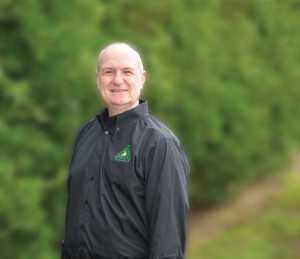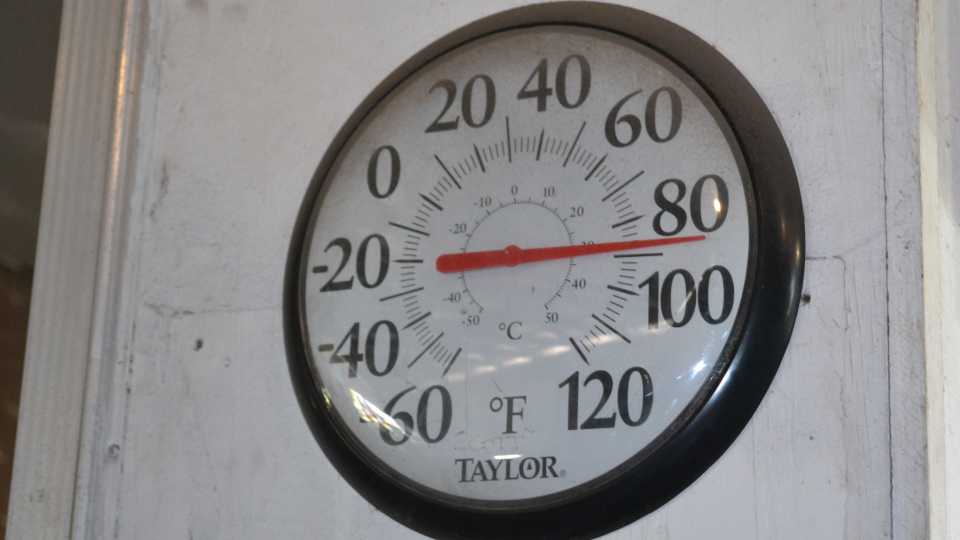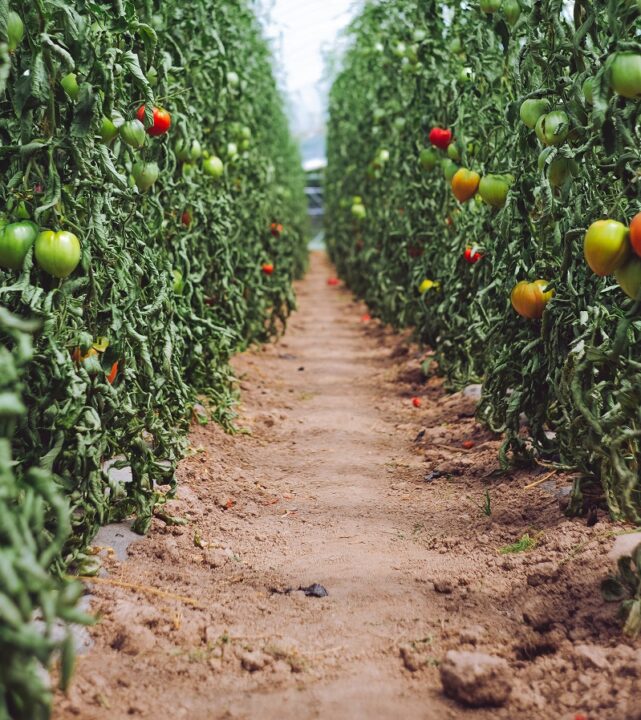Sharing Is Caring When It Comes To Curing Citrus Greening
This Q&A is the fourth installment of six featuring the 2014 Florida Grower Citrus Achievement Award winner Mike Sparks, executive vice president/CEO of Lakeland-based Florida Citrus Mutual.

Photo by Frank Giles
Q: How important is it that growers share information and techniques about what is working in managing HLB?
A: Extremely important. I’ve not seen this level of cooperation and information sharing between growers in my 35 years in the industry. Growers are constantly comparing production techniques in the era of HLB. It’s like we’ve united against a common enemy. Just look at the success of the CHMA programs. Working together is going to be a big part of saving this industry.
Q: Do you believe any progress will be made on immigration reform this year, and what have you heard about labor availability this past season?
A: Immigration reform is not going to happen this year for a variety of reasons, and that’s a shame. Right now, Florida Citrus Mutual is working hard to improve the existing H-2A program so growers can use it efficiently. That may be the solution: Fix what we have because I have no idea when Congress is going to have the fortitude to tackle something as complex as comprehensive immigration reform.
Q: What do you recommend growers do to keep up with reliable information and updates?
A: Work through the Citrus Research and Development Foundation (CRDF). The CRDF is the vehicle — created by growers for growers — to vet all of the elixirs and snake oils being put out there from all angles. They have a mature, efficient process in place to evaluate proposals. I know growers want solutions now, but it is extremely important we use science as a basis for everything we do. If we don’t, we might regret it.
Special thanks to Chemtura AgroSolutions for sponsoring the Citrus Achievement Award.









